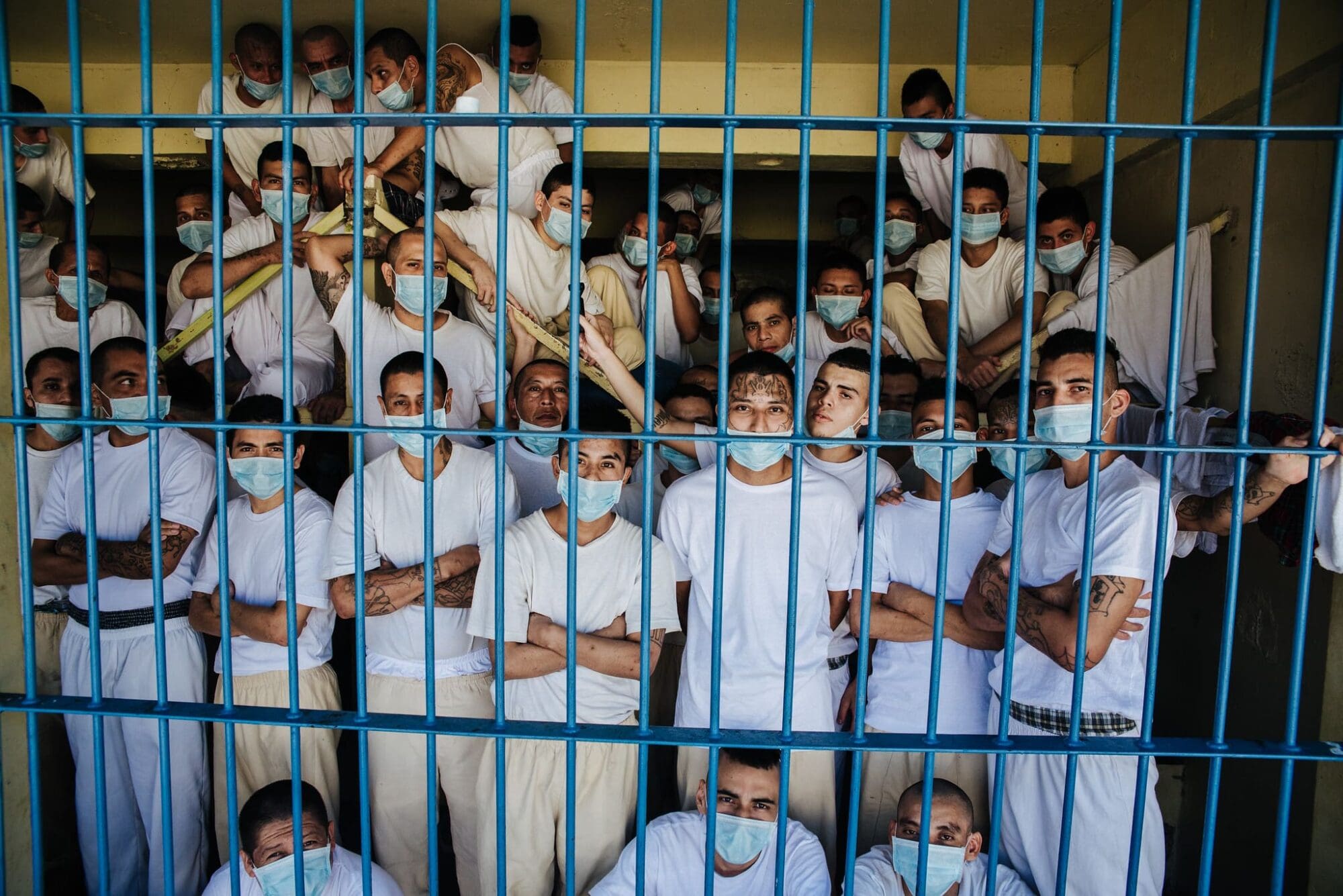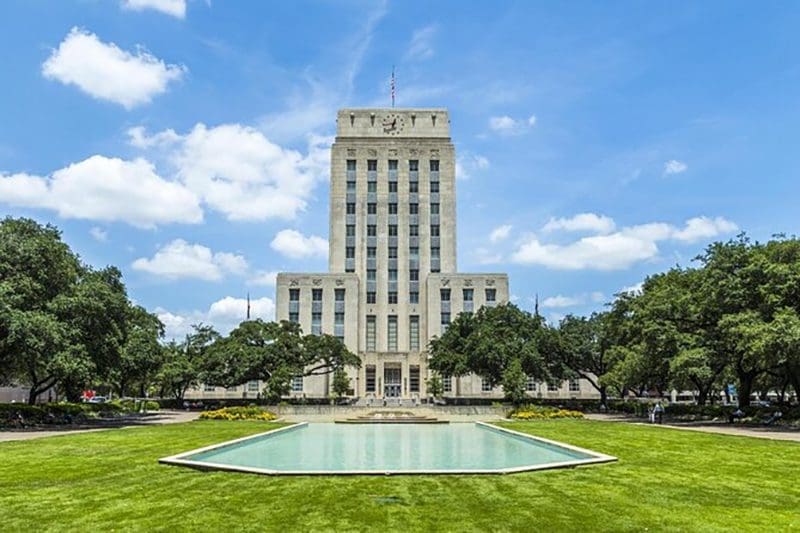Local officials who refuse to control costs and prioritize core services are the driving force behind city property tax increases. The City of Frisco is one of the worst examples of such fiscal irresponsibility.
The Texas Scorecard previously published government data that showed the City of Frisco increased property tax burdens by 38 percent over the last five years. This occurred primarily because officials refused to lower their tax rates as properties values skyrocketed, which fed a massive spending surge. But critics claim population growth and the resulting “public safety” demand is the primary cause of the increase.
Let’s test that claim by examining the city’s own staffing report, since employees are the primary cost driver in government budgets.
Frisco’s population grew 66 percent between 2006 and 2015. Shockingly, the city’s total staff nearly doubled over the same period, growing by a whopping 96 percent. That alone is a glaring issue. But a closer look at city documents reveals public safety is not driving the massive increase. The number of police officers grew proportionately, at 56 percent, while non-civilian fire staff grew slightly faster, at 71 percent.

Over the same period, however, “Culture & Recreation” staff exploded, growing by 261 percent! That’s roughly four times faster than the city’s population, and more than five times the number of police officers hired over the same period.
Most cities dedicate roughly half of their budget to public safety spending. In other words, half of what’s spent by most cities has nothing to do with police and fire. But Frisco is way off that mark. Back in 2006, their non-civilian police and fire officers totaled 217, or roughly 32 percent of the city’s total staff. In 2015, public safety officers totaled 355, or only 26 percent of total staff.
Consider this fact: From 2006 to 2015, 138 police and fire officers were hired, while 520 non-public safety employees were hired—83 of the 520 are classified as “general government,” also known as administration. So, to use the rhetoric of some city officials, the council must believe that administrative staff is more of a priority than police, with culture and recreation staff being twice as important as police and fire combined.
Officials from Dallas to Houston bemoan that massive property tax increases are needed each year to pay for “public safety.” In Frisco’s case, that claim is objectively false. Regardless, many cities from across the state misused this public safety crutch to oppose the Texas Senate’s property tax reform bill (SB2). The reform quickly passed the Senate but has so far been ignored by the House.
Frisco officials didn’t just spread propaganda to oppose SB2, they’ve criticized Collin County officials who passed a resolution supporting the common-sense reform, and taxpayers.
Frisco taxpayers deserve to know the truth; no evidence exists to support the claim that their city’s tax and spend addiction is primarily driven by “public safety” services.



